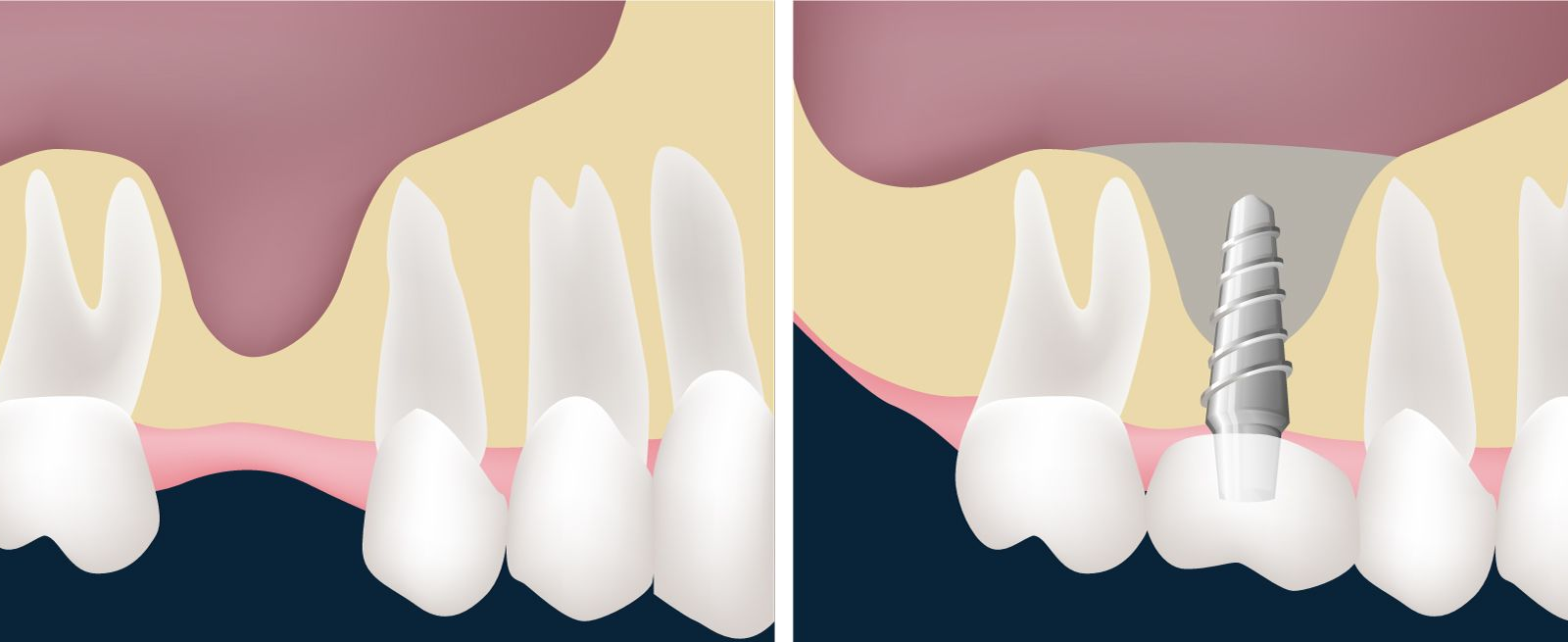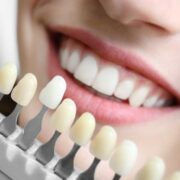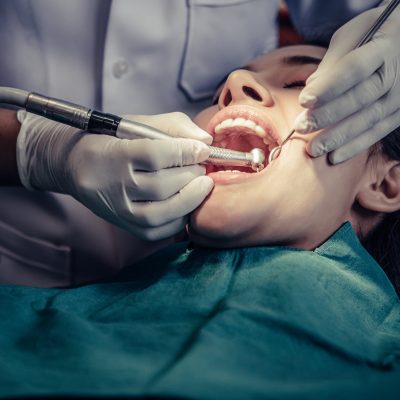Our teeth care is a large piece of overall health and well -being. Since we are very few, we learn to brush and floss regularly, eat the right, and see the dentist every six months for check-up and cleaning. Nevertheless, many of us do not appreciate regular dental trips unless there are toothache or other issues with our teeth. Regular check-ups are required to avoid the requirement of more aggressive remedies such as extraction, which must be the final option. Tooth extraction can be avoided to detect any issue in an early stage and to prevent the need for more aggressive treatment. This article will explain why tooth extraction should always be the last option.
But tooth extraction is always the last option when working with infected or painful tooth. The objective is always that whenever possible, try to save the natural tooth using restructural dental.
What is tooth extraction?
The extraction of a tooth is to remove a tooth from the jaw socket. This is done when it is not possible to save the tooth, or as a method of treating other oral medical conditions. It is common for the dentist to explain the advantages and risk of extraction to the patient. There are many reasons why your dentists can recommend extraction as an ideal treatment for you.
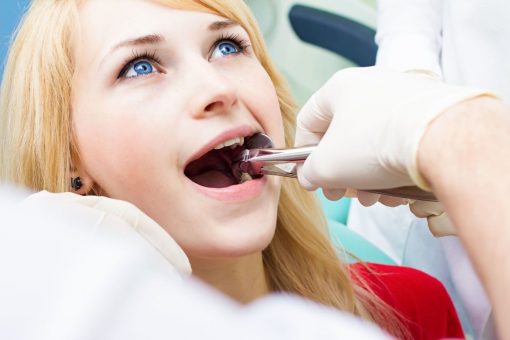
Sometimes it is due to the fact that the tooth is severely decayed, or due to the risk of root fracture. Most often or not teeth cannot be treated by any other method, such as filling or root canal treatment. The other reason is that the tooth is very severely saved, or there is a risk that the tooth will uproot and infect the area around it.
Why is it important to visit your dentist on time?
Early diagnosis and treatment of dental problems can help you avoid the loss of teeth and save you in long periods. You should go from the dentist every 6 months or whenever your dentist recommends it. Your dentist is professional and experienced in evaluating your oral health and they are capable of diagnosing problems such as decay of teeth or gums in the early stage.

Routine check-ups can identify dental issues in an early stage, which can be resolved with minimal processes. It avoids the loss of teeth and more aggressive therapy.
In 2014, adults reported that they had visited their dentist as follows:
- 52.3% reported once per 6 months.
- 15.4% reported once per year.
- 11.0% reported once every two years.
In addition, if you are covered by a dental insurance scheme, it is mandatory to see the dentist for a check-up during the first 6 months. This is because most of the insurance companies for teeth will only fund more advanced and expensive treatments such as teeth removal and transplant if the problem was found in the initial stage.
Common causes of tooth extraction
Tooth fracture: An accident or excessive force resulted in teeth can sometimes break or chip. Tooth fracture can sometimes be filled, crown, or in some cases, a dental bridge. In other examples, however, the tooth fracture is very severe to treat, or the teeth are compromised on decay. Such situations have the best course of extraction action.
Tooth decay: Plaque is a sticky film that develops on teeth when they touch bacteria in the mouth. Teeth decay can result in consequences if nothing is done and can result in the loss of teeth if it is not adequately behaved. Brushing and flossing teeth daily and going to the dentist for a cleaning every 6 months can prevent the decay of teeth.
The tongue is one of the essential sensory organs that are responsible for speaking from food. It creates a nidus for food particles, bacteria and contaminants. If the tongue is not cleaned properly, it leads to poor width, tooth decay, wounds etc. A direct relationship appears between your tongue and oral hygiene.
Gum disease: Gingivitis is a condition in which the gums become swollen, red and sore. Gingivitis, if not treated, can cause periodontitis, where the gums and bone are destroyed. Gingivitis can be treated by dentists regular cleaning and especially the use of adapted tools to treat gums. If gum disease is not treated, it may result in a deficiency of teeth.
How to prevent the need for extraction?
Not only are natural teeth more powerful, but they are also more functional than prosthetics or crowns. In addition, your natural teeth will be strong and low maintenance. When a tooth is taken out, it makes a hole, even in the back to those molar that no one ever sees. But sometimes removing a tooth is the best thing for your mouth. Circumstances that require a extraction will require very advanced periodontal disease or broader decay, deformity, or destruction that makes a tooth irreparable.
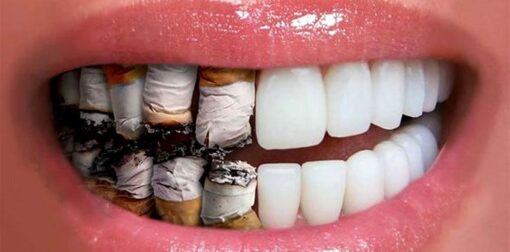
If you have a teeth or teeth that should be removed, but your teeth position in your mouth, large sinuses, or restricted mobility of your jaw prevents a normal dentist from being able to remove the tooth successfully, then you for treatment. A oral surgeon such as shear will need to travel.
Is it better to save a tooth or extract?
Not only are natural teeth strong, but they also provide better functionality than prosthetics or crowns. In addition, your natural teeth will be more durable and easy to take care. When a tooth is extracted, it leaves a difference behind, even no one sees the molar of those backs. But sometimes, removing a tooth is really the best option for your oral health. Circumstances that require an extraction include advanced periodontal disease or widespread decay, malformations, effects, or damage cases that make a tooth a non-transportable.
Why do some dentists not do extractions?
If you have a tooth or several teeth that should be removed, but your mouth size, broad sinus, or restricted jaw movement prevents a normal dentist from being able to safely remove teeth, then you look for oral surgeon
Benefits of regular dental visits
Dental insurance: Dental insurance programs include remedies such as tooth implants and extractions only when the issue was diagnosed in its initial stage.
Better overall health: Regularly visiting a dentist will test oral care and prevent teeth collapse and gum disease. This can improve general health.
Better self-esteem: Good oral health will make you smile confidently and increase your self -esteem. Regular dental check-ups can ensure that your teeth and gums remain healthy and clean.
Conclusion
It is important to avoid more painful processes such as dental extraction, being regular and regular for his visit to his dentist. Regular check-ups can quickly identify any issue to avoid more complex processes.

